UN to cut food aid for Rohingya refugees, blaming fund shortfall
The United Nations is planning to cut its food aid to hundreds of thousands of Rohingya refugees living in camps in Bangladesh, blaming a funding shortfall that is expected to deepen food insecurity and malnutrition in the world’s largest refugee settlement.
The UN’s World Food Program (WFP) announced on Friday that it would cut the value of its monthly allowance for food assistance to $10 per person from $12 starting next month, warning more cuts will be necessary without new funding by April.
“That the international donor community is now turning its back on half a million Rohingya children and their families really shows the limits of its commitment to some of the most vulnerable people in the world,” Onno Van Manen, Save the Children’s country director in Bangladesh, said in a statement.
“If these cuts are made, they will be imposed on vulnerable people who are already food insecure,” Michael Fakhri, the UN special rapporteur on food insecurity, and Tom Andrews, the UN special rapporteur on the human rights situation in Myanmar, said in a joint statement on Thursday.
Fakhri and Andrews also warned of the “devastating consequence” of the funding shortfall, saying it was “unconscionable” to cut rations just before the Muslim holy month of Ramadan, the UN human rights agency said in a statement.
According to a statement, there are high levels of malnutrition in the camps in Bangladesh.
“The repercussions of these cuts will be immediate and long-lasting, as refugees remain almost entirely dependent on this assistance for their nutritional needs,” the UN experts said.
“It’s unthinkable that that population, with all they’ve been through and with so few other possibilities and options, would on top of everything face a ration cut,” John Aylieff, WFP regional director for Asia and the Pacific, told Reuters.
With the incoming cuts, many are desperate to find work, said Mohammed Mizanur Rahman, Bangladesh’s refugee relief and repatriation commissioner.
But, the refugees are prohibited from working to supplement their income, and Bangladesh has constructed fences around the camps that stop them from leaving, where some 750,000 Rohingya live, a persecuted mostly Muslim minority from Myanmar’s Rakhine state who had fled to Bangladesh in 2017 to escape an army crackdown.
With reports of mistreatment in Bangladesh, the refugees are turning towards countries like Indonesia and Malaysia.
A large number of refugees are fleeing the camps just to get a fatal boat ride across the Andaman Sea in the hope of finding a better life in Malaysia, Indonesia, and beyond.
Recently, a boat carrying 69 Rohingya refugees, including children, docked at Indonesia’s Aceh province on Thursday, the UN refugee agency said.
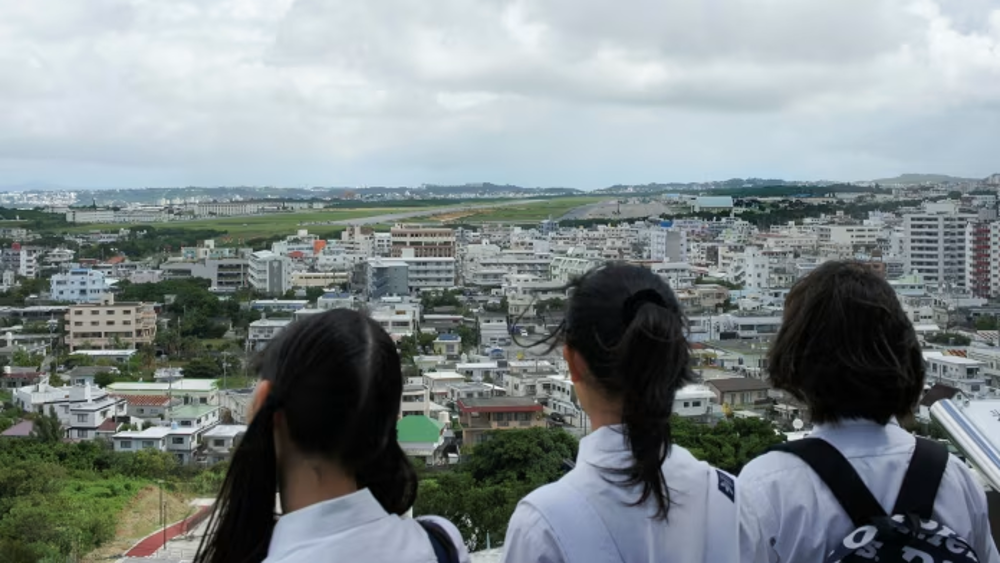
Two US marines accused of raping Japanese women in Okinawa

China deploys naval group in warning to US, Philippines over drills
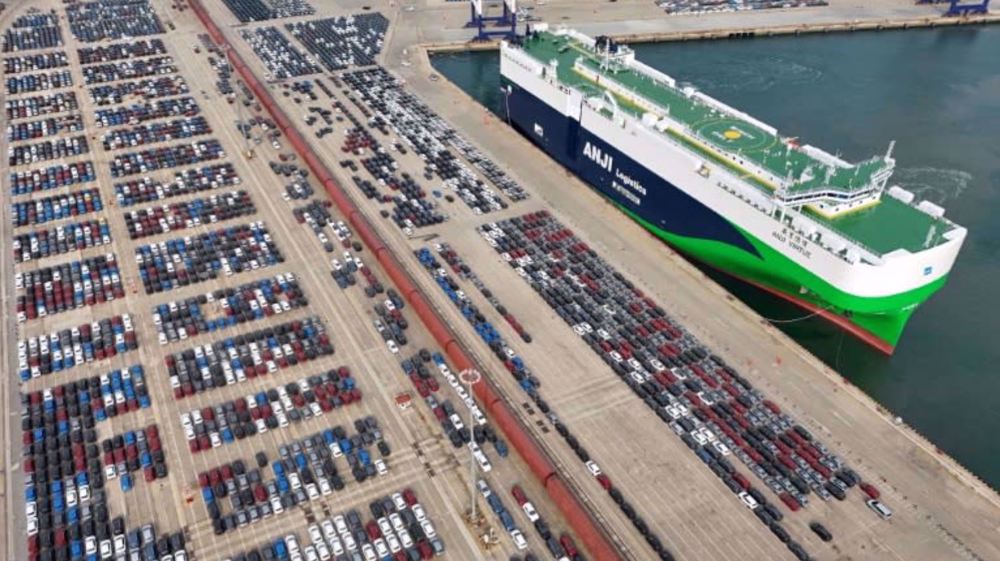
China ‘firmly’ opposes countries making trade agreements with US at its expense
VIDEO | Mohsen Eslamzadeh, visionary filmmaker
Israel bombs Lebanon's capital Beirut
Trump wants 'free' transit for US ships in Panama, Suez canals
Israel and its arms suppliers ‘must be stopped,’ UN says
Putin orders emergency planes to Iran after blast at port of Bandar Abbas
Pezeshkian visits Bandar Abbas to monitor response operations after port blast
VIDEO | Press TV's news headlines
Betar US: America's new face of Zionist terrorism and the darker rebirth of Kahanism


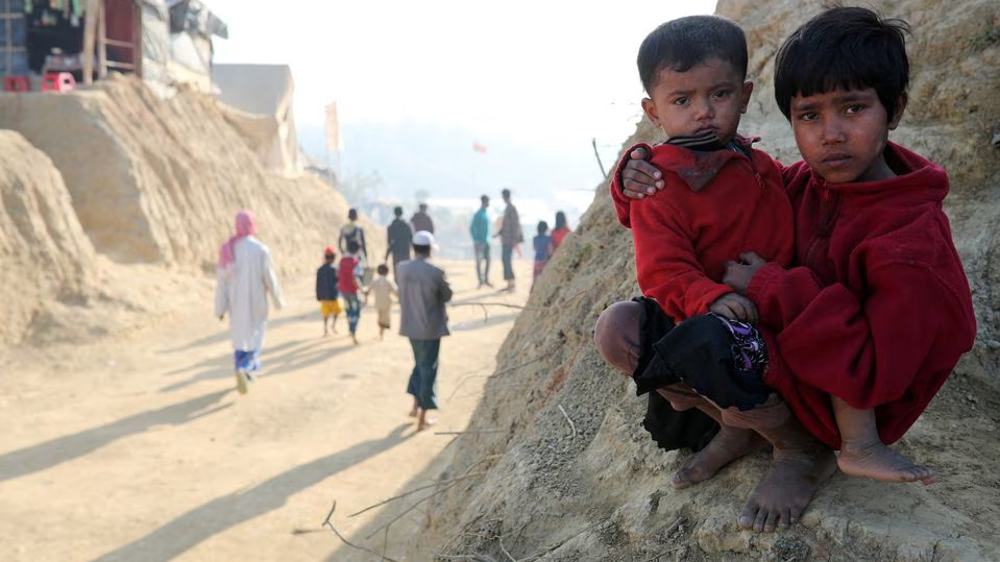



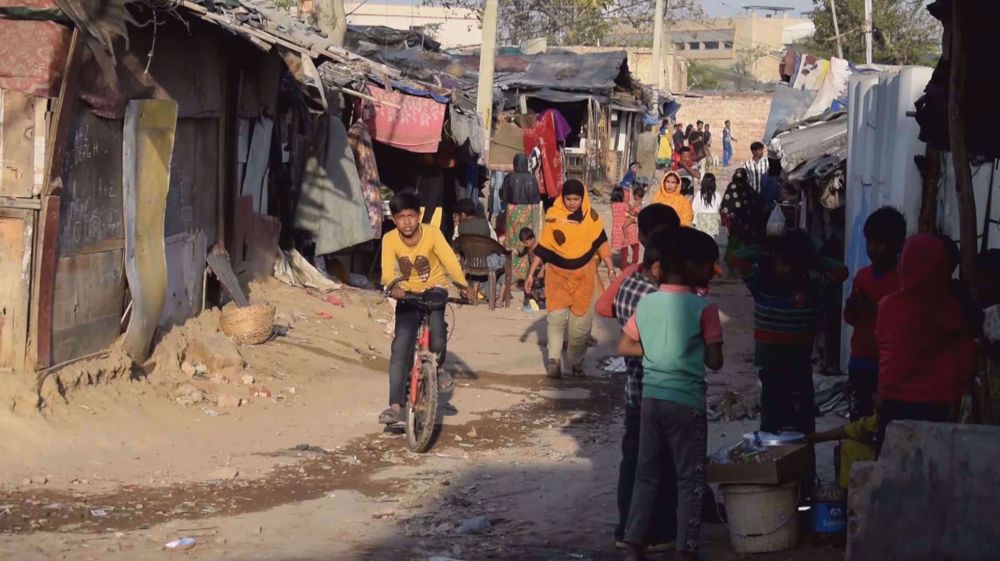
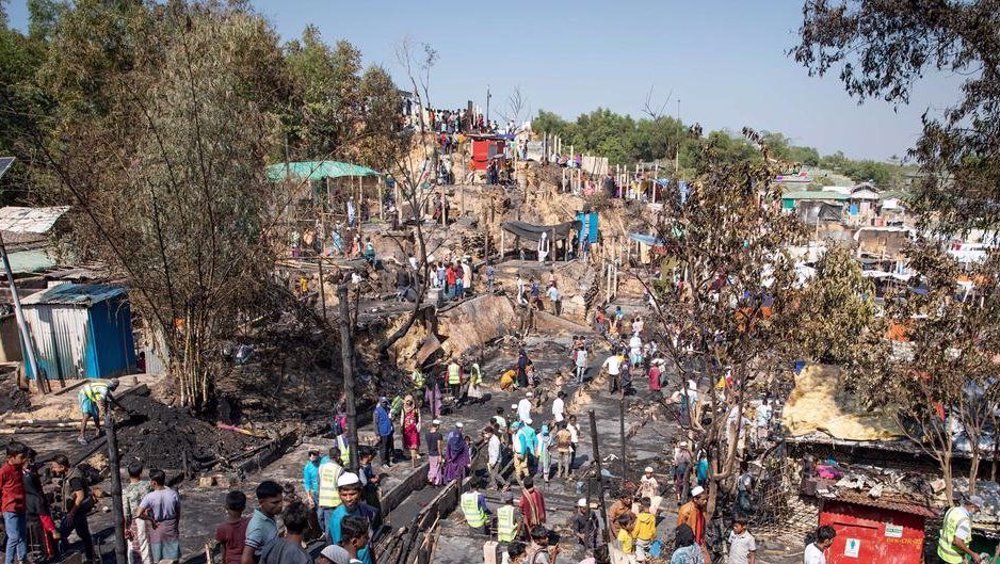
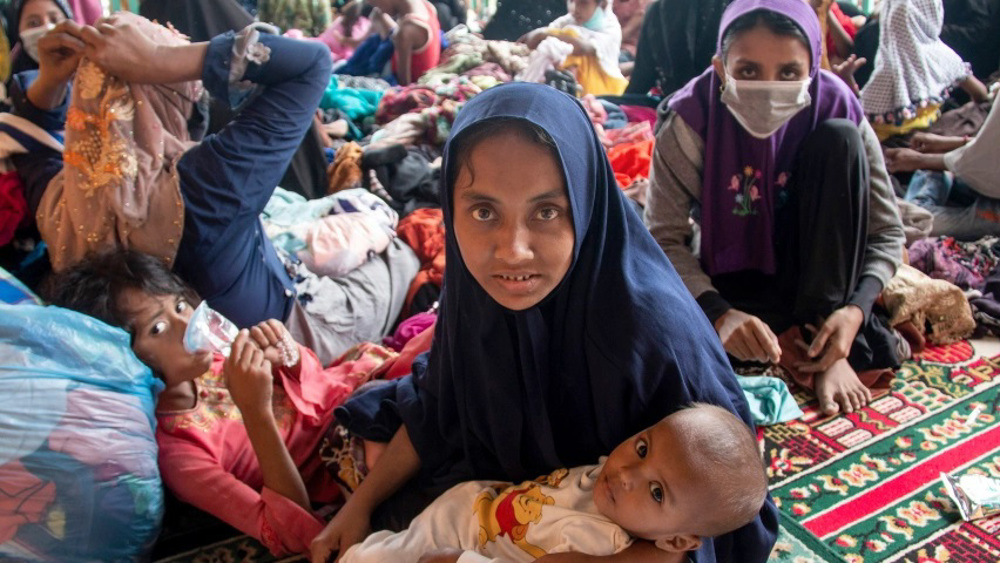
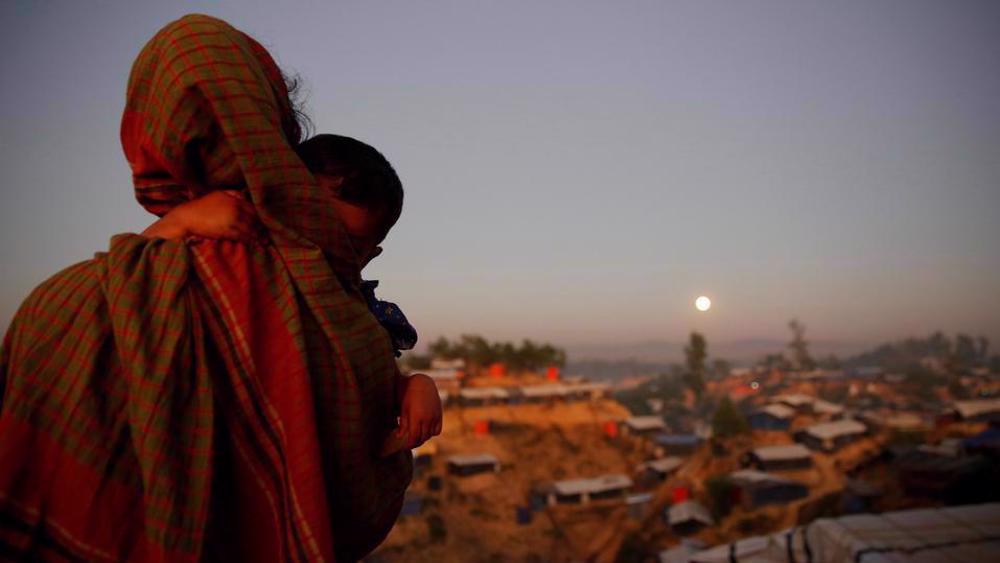
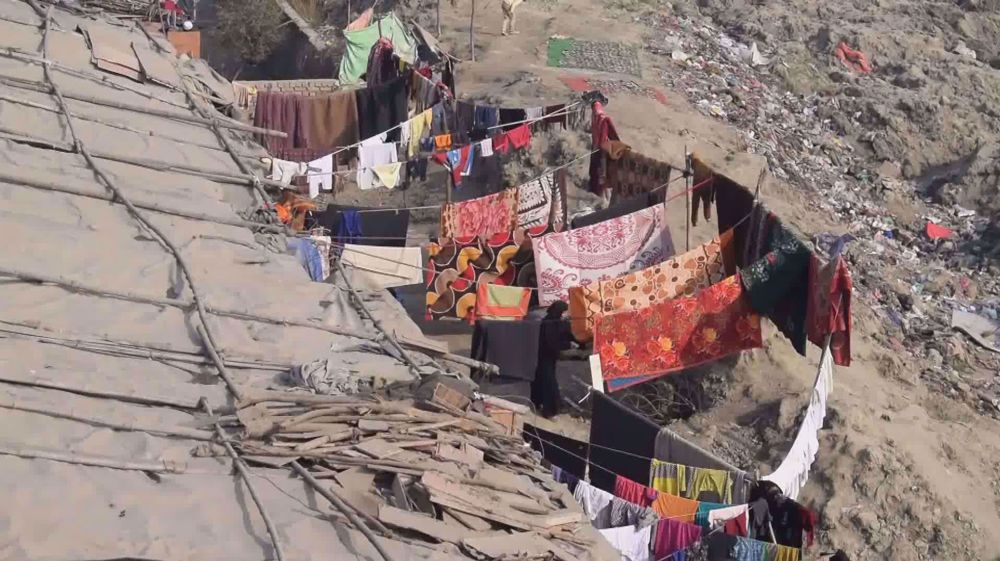
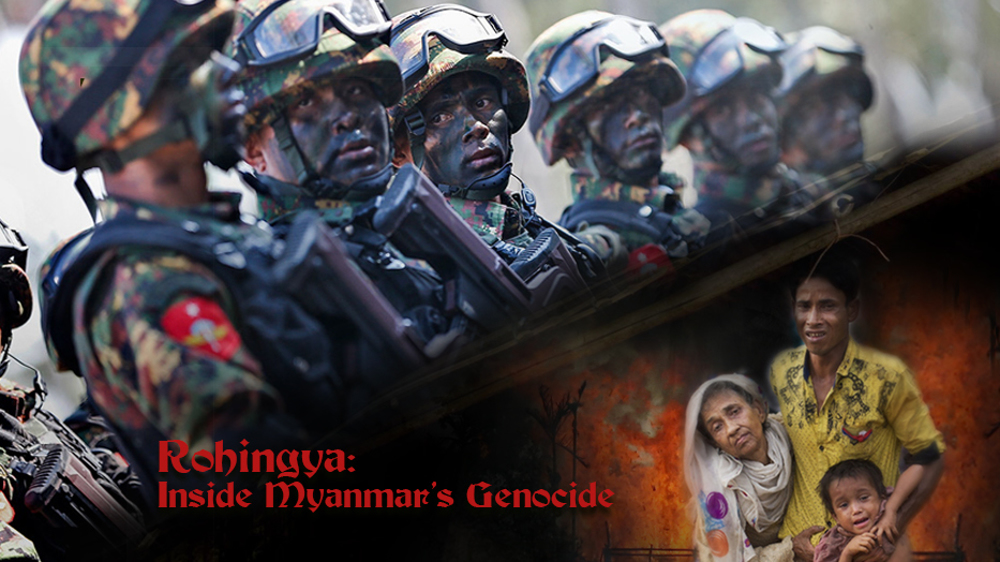

 This makes it easy to access the Press TV website
This makes it easy to access the Press TV website